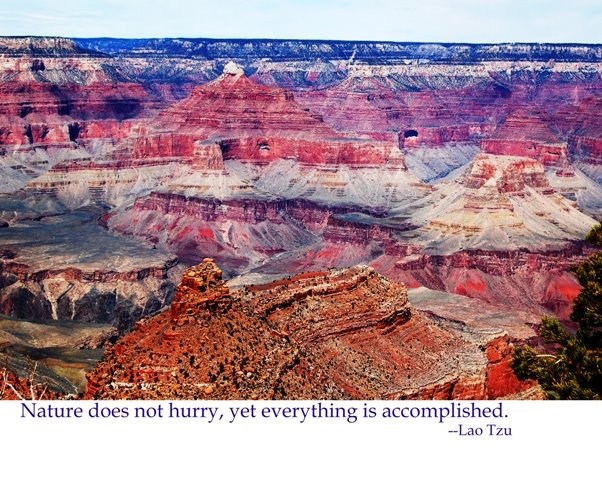One of his observations early in the book is of the large numbers of mobile homes he is seeing on the interstates. At one point, Steinbeck has dinner with a family whose mobile home sits alone on a hill near the highway. He asks about the lack of roots such a lifestyle provides. The man says that his family has never had roots. His father came over from Italy and lived in New York apartments moving with the availability of work. His wife's family had the same experience coming over from Ireland, where their "roots" tied them to a land during famine. They welcomed the opportunity to cut the roots and come to America.
Steinbeck predicts that the mobile homes will become more popular, since they offer a nice, inexpensive home that is, by definition, mobile. If work or opportunity presents itself in a new location, all the mobile home owner has to do is pay for a trucking company to move their home to a new location. No more being tied to a specific area because of a home that you may not be able to sell. Maybe that will be the next recycled new idea to come out of the current tough economy and housing market.
Steinbeck also speculates about the previously mentioned American need to be on the move and to explore. He thinks that maybe the need is genetic. Other than the relatively small Native American population, all of us came here from somewhere else. Our ancestors pulled up their roots and came to America. Whether we inherited the desire to move, or we learned the behavior from our ancestors, it has always been there. And, as Steinbeck points out, from the beginning of mankind, we have moved constantly in search of food or a better climate. Today we do the same in search of better employment or business opportunities.
Another interesting observation is about communication. He mentions calling home at least twice a week to get in touch with his wife during his journey and reconnect with who he is. He uses the analogy of a comet. His past and responsibilities are the tail he carries with him like a comet's tail. Steinbeck muses that only 100 years prior to his cross country journey, families moved from east to west going years without communicating with friends and family "back home." Today,50 years after Steinbeck's travels, with cell phones, we are rarely out of touch for more than an hour. Even in the unpopulated, mountainous area that I live in, I am very rarely in an area where I can't be reached by cell phone. Does that make me more mobile, or just give me a longer tail?
+with+quote+sized+for+web.jpg)








